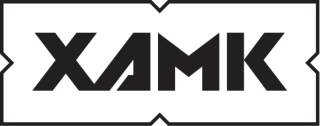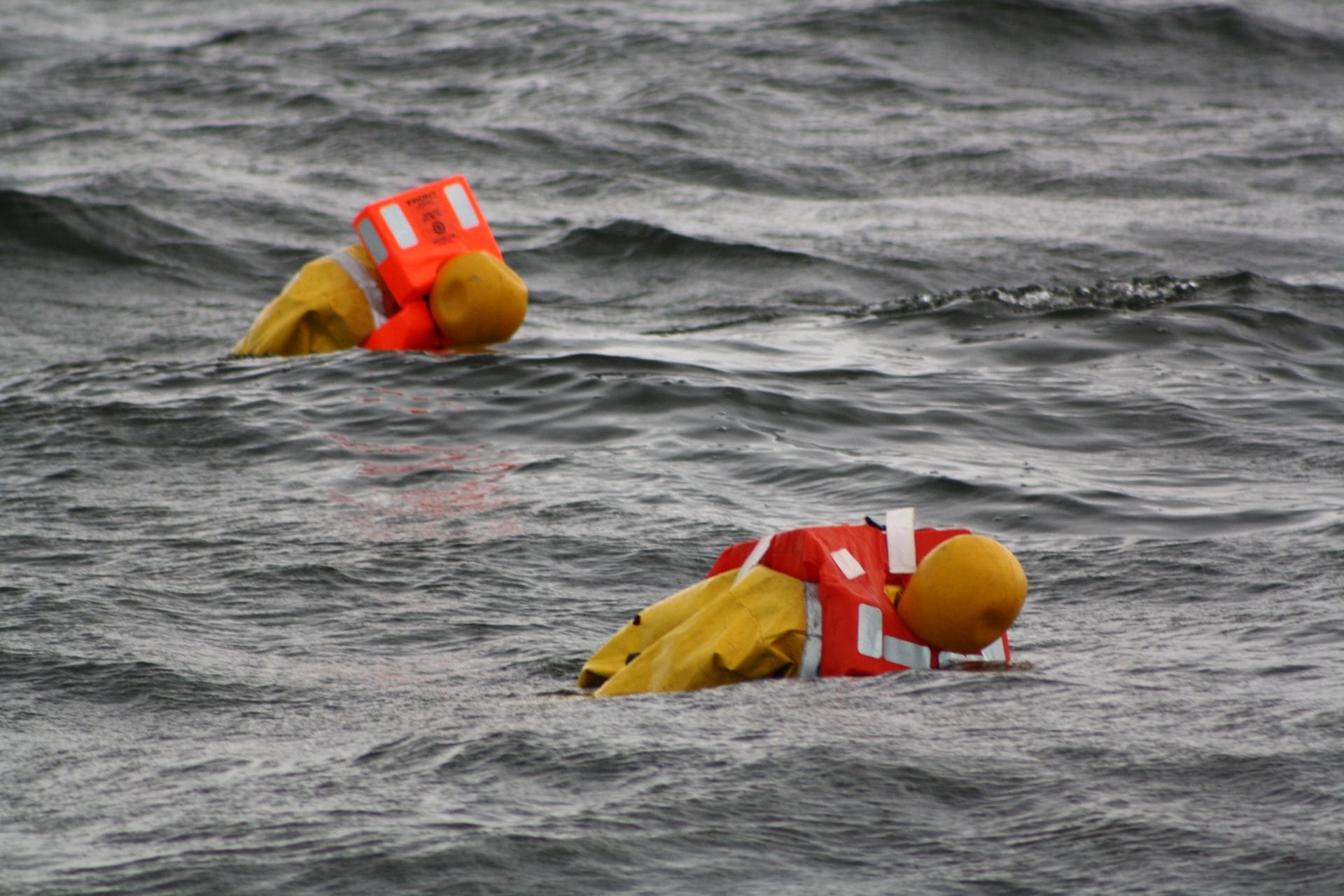
Maritime Safety and Incident Management
The main topics of maritime research and development at Xamk are safety management, maritime emergency and incident management, cyber security and environmental safety.
We develop maritime safety in cooperation with shipping companies, ports, authorities and other safety experts.
In addition to incident management, we develop proactive and preventive safety initiatives together with maritime education.
We develop maritime safety together with authorities, shipowners, ports and other safety professionals
Our priority areas
Maritime research and development focuses on topics related to safety management, maritime emergency and incident response and maritime cyber security. Maritime safety research also involves activities to protect the marine environment. In order to minimize the environmental impacts of vessel traffic, our research group investigates the emission reduction technologies and ships’ biofouling management options to minimize the transfer of invasive aquatic species.
Marine pollution prevention and oil spill response is, as one of our main research interests, introduced separately at xamk.fi/oilspillresponse.
In addition to managing safety deviations, we develop proactive and preventive safety measures together with Xamk’s maritime education. In research and development activities, we utilize navigational bridge simulators, engine room simulators, a marine electrical laboratory and our school vessel.
Projects
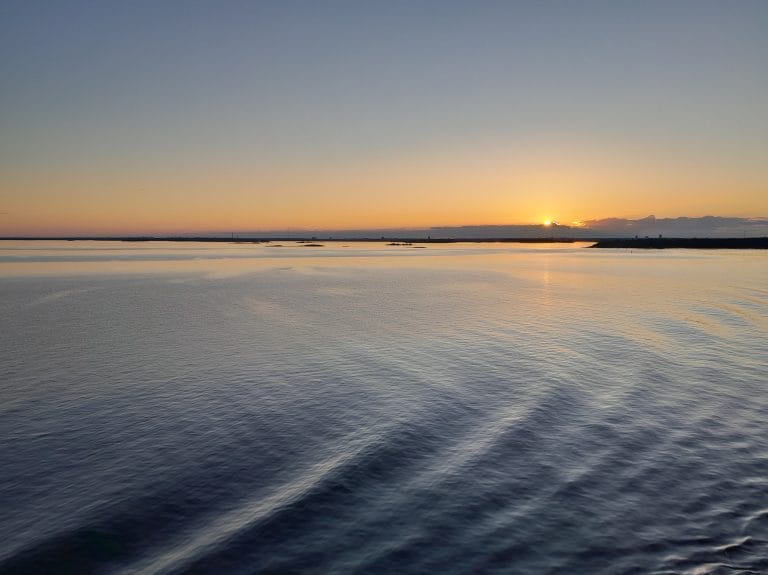
Impacts of climate change on maritime transport (ILMERI)
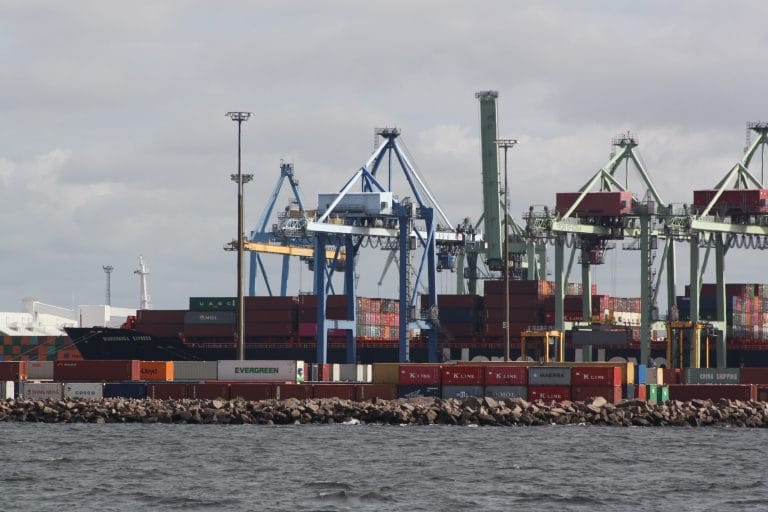
MERPOL – Renewable fuels; Support for the sustainable and carbon-neutral growth of maritime transport
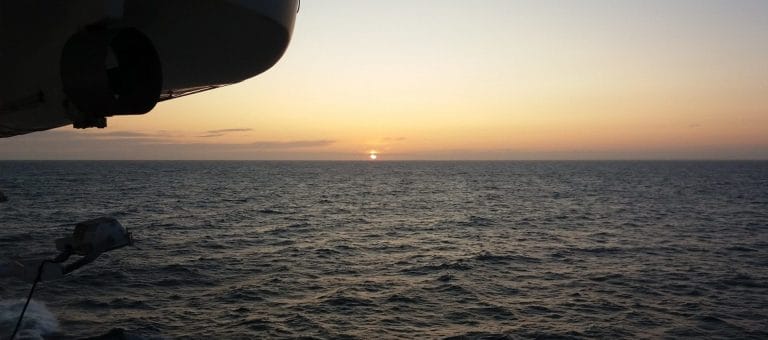
The benchmarking study of emission reduction technologies (MEPTEK)
AutoMate – Electric and Automation Systems and Remote Monitoring of Ships
Publications
Comparing fuels and emission reduction technologies for sustainable shipping: A sustainability index weighting life cycle emissions and costs (2025)
Open-loop scrubbers and restricted waterways: a case study investigation of Travemünde port and increased sulphur emissions immediately after the scrubbers are turned off (2023)
Developing sustainable shipping and maritime transport: Multi-criteria analysis between emission abatement methods (2022)
A multi-criteria decision analysis model for ship biofouling management in the Baltic Sea (2022)
Analysis of ship voyage data based on Chow-Liu-tree augmented Naïve Bayes-method to support biofouling management (2020)
More publications in Finnish language.
